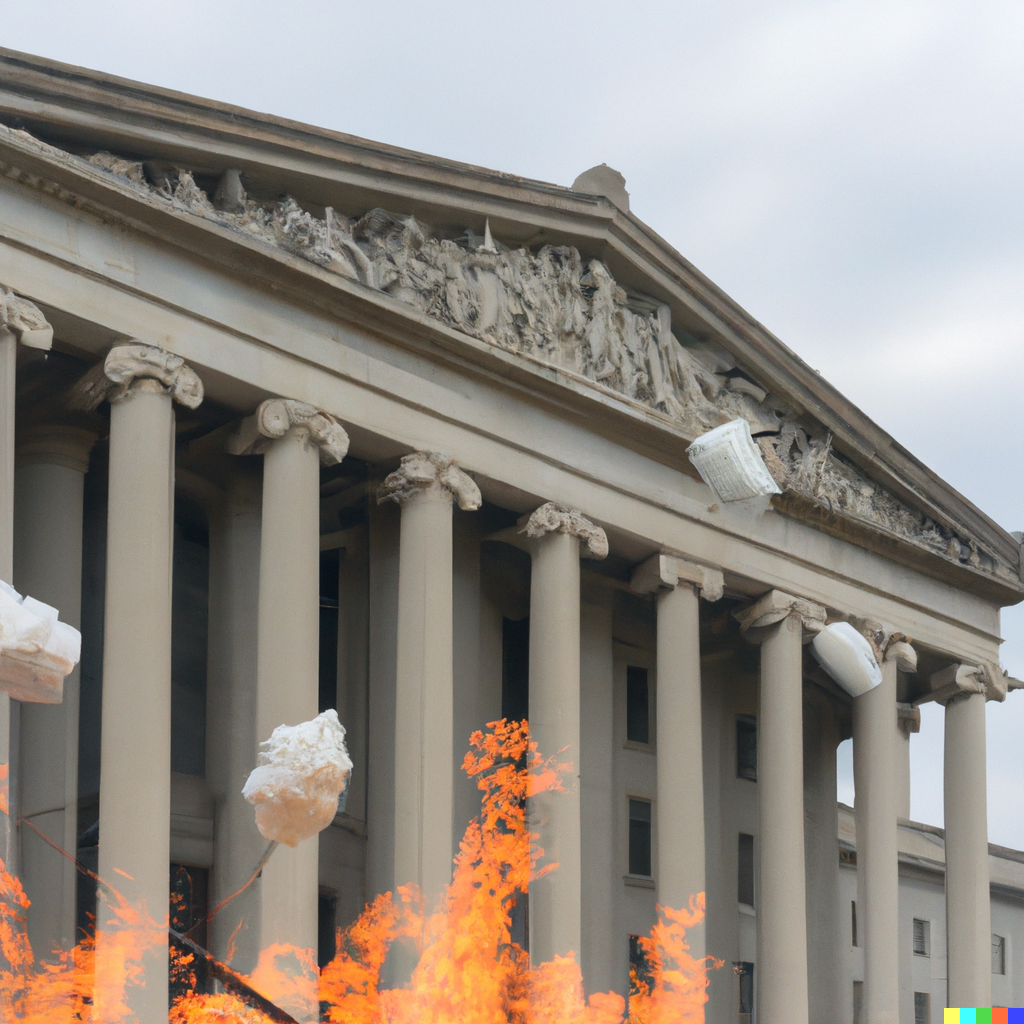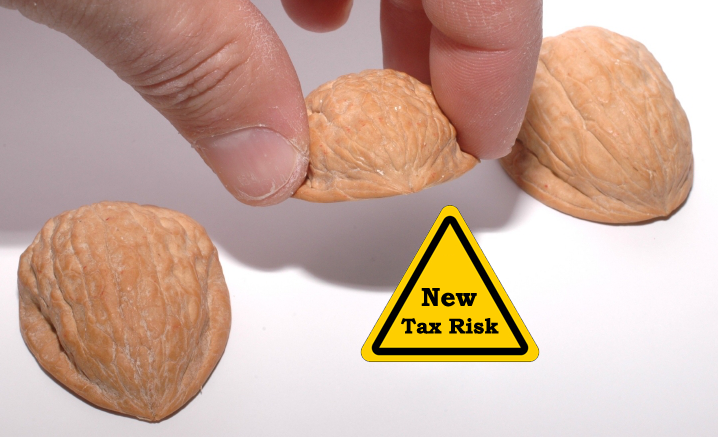If you have been watching the news, you may have now…

Will Forgiving Student Loan Debt Just Cause Another Crisis?
There is a lot of talk about student loan debt, the ballooning of college costs and the mismatch of the degrees purchased and the needs of the economy. With certain politicians offering to forgive these debts, I thought it would be of interest to look at it from the creditors’ side.
For about the last ten years (to the recent surprise of some Congressionals) it has not been commercial banks primarily making these loans, but the federal government. The previous administration essentially created a single-payer option in the student loan market.
The US government, like a commercial bank or any other big business, issues an annual report. In the 2018 Financial Report of the U.S. Government, the Secretary of the Treasury, Mr. Mnuchin, stated that the nation’s assets equal $3.8T (trillion dollars). The most amazing part is that $1.08T of that total is student loan debt. That’s 28% of all the assets the government has. Doesn’t that strike you as odd? How did they get into that business?
Some may believe that it is a good thing that the government made sure everyone who wanted to go to college got to rack up as much debt as they wanted. Not to beat the poor horse more, it is pretty clear that many of those degrees were poor investments and also horrendously overpriced for their expected and actual return (as we discussed in December 2018).
Let’s put on our banker’s hats and look at the use of money. We will, for arguments’ sake, say that the government actually had $1 trillion (and that they just didn’t print it out of thin air). They then proceeded to loan it to all the students who would be bound pay it back at 5% (and cannot escape from it). Pretty decent investment. However, because these loans are basically granted by the government to any and all, there was no one to say “no”. Since no commercial (or privatized) banker was scrutinizing the value and risk of the investment against their own change of loss, there was no market pressure to control the costs of a college degree. It is then no surprise that the price has jumped on average by 168% over 20 years (1998-2019). I really don’t believe the quality has kept pace, but that’s just a hunch. Inflation was only 51% over the same period.
Since these loans are a big part of the government’s portfolio, what happens if they are forgiven? Per the same report(as we all knew) the government is already broke, the current net worth is negative $700B. Take away the current and future value of the student loans, and that is a business that should be ended and liquidated. But it won’t, of course. In order to make up the even greater annual deficit, the will Fed will have to print more money and auction off more notes to other countries. Yet who would buy them? To entice more suckers, the government would have to offer larger and more unsustainable interest rates, thus destroying the stock market in its wake (bonds go up, stocks go down). The end result is a severely damaged economy and a sovereign debt crisis looming ever faster.
Almost all of us are aware of a horror story about someone struggling with this debt. It is hard not to feel bad about it. Yet the cries for action do not readily result in a solution which is fair to the taxpayers and those who have or are continuing to pay off those loans. With the absolutely inevitable damage to the economy, forgiveness is probably not a good idea. The funds borrowed went into the pockets of well-paid university administrators and professors (primarily at state institutions, go figure). Perhaps those who were harmed should ask them for a refund.
For the rest of us, those who are considering the value of education at its current costs, as a student or parent, it is a clear warning to first assess the cost/benefit of the investment. Privatized bankers do this with every purchase, and sleep better for it.




This Post Has 0 Comments